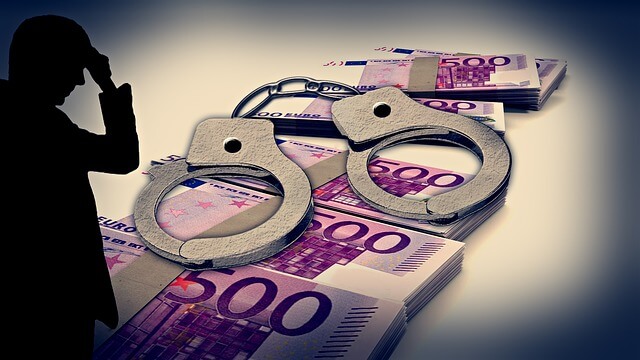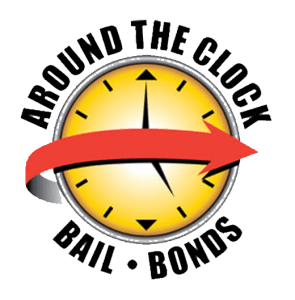Things to Know About Civil Asset Forfeiture
In Civil asset forfeiture, assets from individuals suspected to have engaged in criminal activities. The nature of the crime that may warrant confiscation varies with states but most commonly, assets from drug dealers, terrorists and their sympathizers, corrupt individuals either in government or out of government and even civil criminals. The aim of the controversial legal process is to allow the law enforcement agencies to use the proceeds from such seized to further battle with the criminal activities. Civil asset forfeiture suit is a dispute between the law enforcement institutions against the asset owner as opposed to the criminal procedure that involves two citizens. To get back the confiscated assets, the owner must prove that they are clean and that their assets were not involved in any criminal activity.
What necessitates asset forfeiture?
There has been an increase in the siphoning of public resources by corrupt government officials and other institutions that are out to steal public money. The stolen money is usually transferred to other countries leaving the affected countries in economic crisis. This is more common in developing countries. In other developed countries like the U.S, embezzlement of public funds is not as rampant as in the developing countries. However, they are battling organized crimes such as drug barons and the terrorist who are out to cause havoc to innocent civilians. The ill-gotten resources are used by these gangs to finance their activities across the globe hence the need for civil asset forfeiture. Freezing and recovery of these assets has been seen as the only lethal tool to fight their existence since they can survive without them.
What happens in civil asset forfeiture?
In Civil Asset Forfeiture, the assets of the suspected individuals should be frozen until the courts exonerate the suspect. This usually happens when they finish their appeals in most states; the law requires that financial institutions automatically freeze any bank transactions of the affected bank account for a certain period. Police are also allowed to confiscate physically the assets and keep them in their custody until such cases are determined. In the U.S, the legal process is more severe as the suspects can be convicted for several major and minor offenses that range from prostitution, tax evasion, corruption, and narcotic charges.
Relationship between Civil Asset Forfeiture and bail bonds
In most cases, victims of civil asset forfeiture go scot free without any charges in a court of law. This is because the legal process allows the only confiscation of the suspected assets. However, if one finds themselves in a court, then they can apply for bail bonds that give them the temporary freedom until the case is determined. Bail bond companies come in to pay the bail on behalf of the client so as to secure their release.
Controversies
A lot of controversies have surrounded Civil Asset Forfeiture. While most proponents of the system praise it for wiping out criminal activities, its critics think otherwise. The system presumes an individual guilty rather than innocent. The confiscated property usually finds it way in the auction centers where it sold at throw away prices. And again, most of the times the value of the taken property is usually smaller than the cost of the court process.



